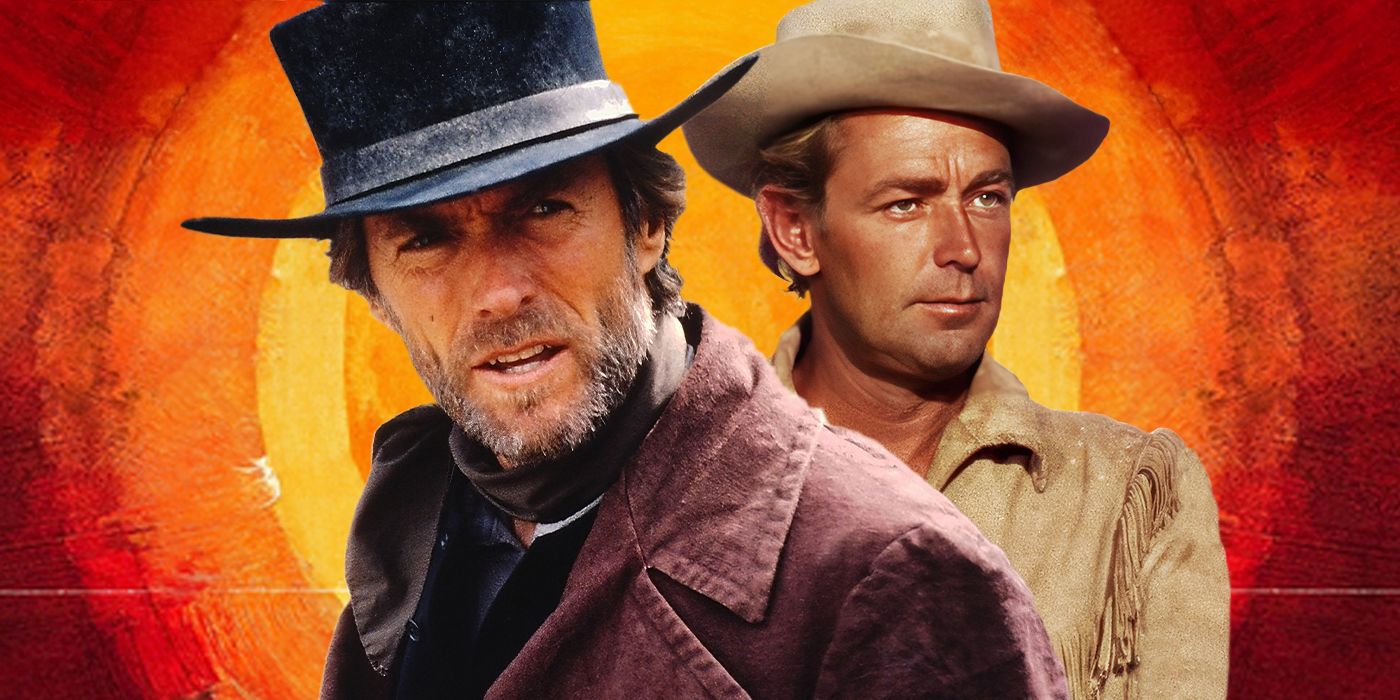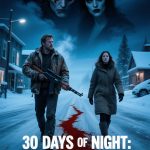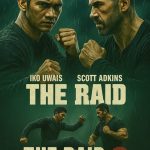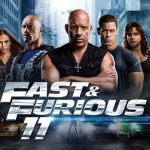The Cowboy Rides Away (2025) — A Farewell Written in Dust and Ghostlight

There are films that tell stories, and there are films that haunt you. The Cowboy Rides Away (2025) belongs to the latter — a haunting elegy wrapped in dust, silence, and the faint echo of hooves fading into the horizon. It’s not just a Western; it’s the Western’s last prayer.

Kevin Costner stands as both legend and ghost, a man who once belonged to a land that no longer believes in men like him. His performance is raw and poetic, every line of his face carved with the erosion of time. He rides not to conquer or escape, but to remember — to follow the trail of a past too sacred to die quietly.
Luke Grimes mirrors him like a shadow at dusk — the restless son, the unspoken echo of a generation that grew up watching their fathers fade into myth. Whether he’s the blood heir or a spirit conjured by memory hardly matters. He rides beside Costner like time itself — the old and the new, the living and the dead, moving together toward an end written long ago.

There is something supernatural here, but it doesn’t scream — it hums. The world feels bewitched by its own history. A mirage lingers too long. A boot print appears where no man walked. The sky holds whispers you can almost hear. The ghosts of the frontier are not here to frighten — they’re here to remember, to bear witness to a country losing its reflection.
Visually, the film is a masterpiece of melancholy. The golden plains shimmer like a dream dissolving in daylight. The dust floats, the sun bleeds slow, the wind mourns across abandoned barns and rusted fences. Each frame feels like a memory that refuses to fade. The cinematography doesn’t just show the West — it eulogizes it.
The music — a single harmonica line drifting through silence — becomes the film’s pulse. It doesn’t accompany the story; it breathes with it. When it breaks, so does your heart. It feels as if the score itself knows this ride is the last one.

The dialogue is sparse, as if words would only weigh down what should be carried in silence. Costner and Grimes share long looks under endless skies, and you understand everything without needing a single line spoken. Here, emotion lives in glances, in gestures, in the weary rhythm of a man saddling his horse for the final time.
But beneath its ghostly beauty lies a deep meditation on America itself — a nation haunted by what it once was and what it chose to forget. The cowboy becomes a metaphor, a relic, a confession. His ride is not through open land but through memory, through myth, through the quiet realization that legends are just stories trying not to die.
As the final act unfolds, the frontier becomes an afterlife. The sun dips, the wind stills, and the cowboy vanishes into the gold light like smoke. It’s the kind of ending that doesn’t close — it lingers. You sit in silence long after, watching an empty horizon, listening for hooves that never quite fade.

When he finally disappears into the setting sun, the truth crystallizes: he wasn’t escaping the world. He was going home — to the land, to the ghosts, to the silence that made him.
The Cowboy Rides Away is not just a film; it’s a requiem. A farewell to the frontier, to manhood’s mythology, to everything that once defined the wild heart of America. It’s a ghost story dressed in denim and dusk — and when the credits roll, you realize the ghost was never him. It was us.
Related movies:











